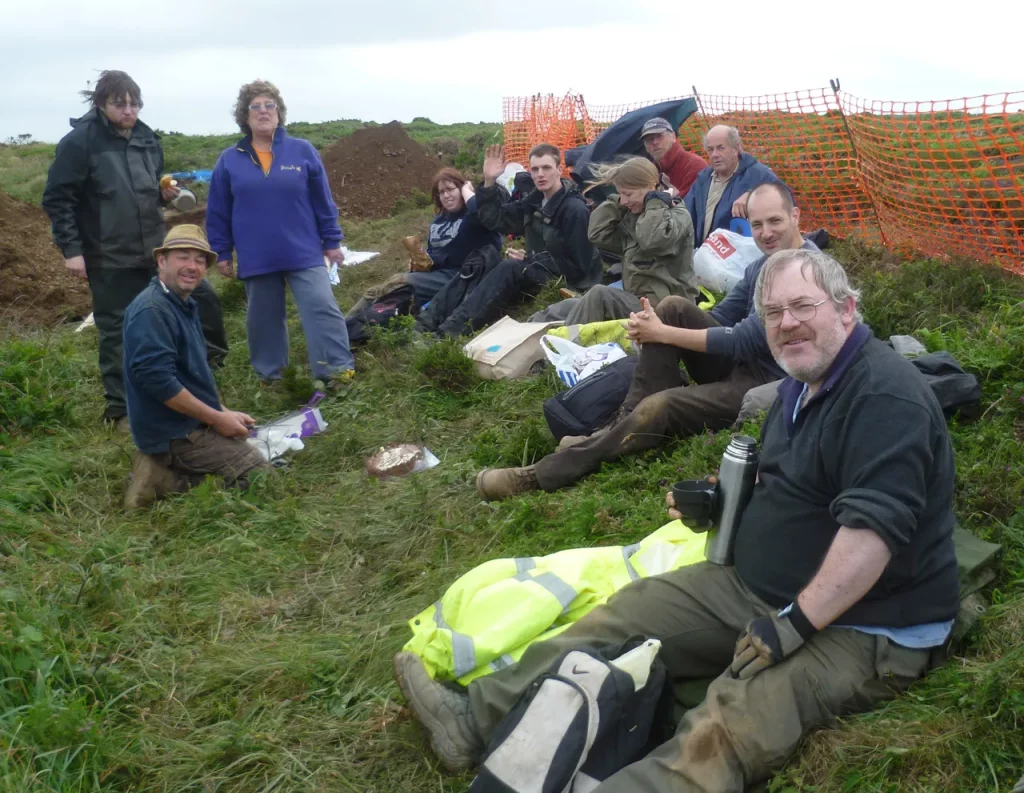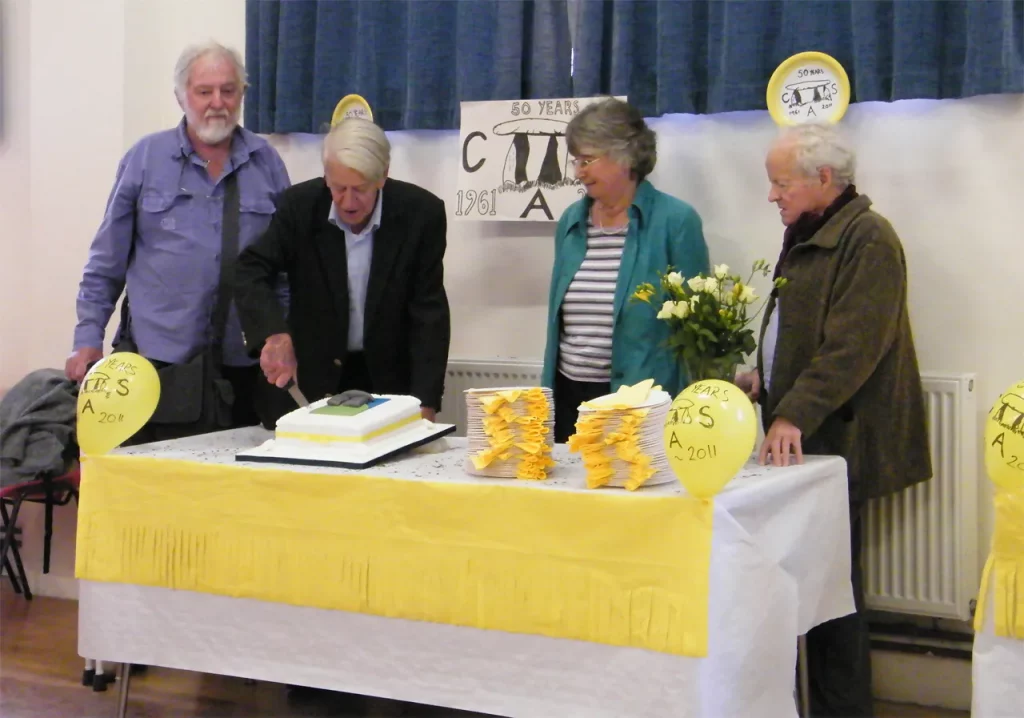- Identify new archaeological sites through survey and excavations
- Record sites, monuments and buildings in the field as part of one off or long term projects;
- Protect sites, monuments and buildings through co-operation with landowners, Historic England and Cornwall Council
- Conserve archaeological monuments through active management work on site
- Monitor the condition of our monuments through field visits
- Help fund Archaeological research projects in the county by awarding grants
The Society has always encouraged Members to get involved with as wide a variety of activities as possible. Opportunities to learn more about archaeology in Cornwall and elsewhere are provided by an annual conference and a winter lecture series and a summer walks programme that takes in all corners of the county.
Over the last 250 years, antiquarians and archaeologists have identified, surveyed, protected and in many cases conserved an astonishing range of monuments and historic landscapes that make up the area’s wonderful archaeological heritage. Cornwall has amongst the largest collection of nationally protected heritage sites of any county in Britain, with over 1,340 Scheduled Monuments, more than 12,500 Listed Buildings, 145 Conservation Areas, 37 Registered Parks and Gardens, 2 Registered Battlefields, 8 Designated Wrecks and the Cornish Mining World Heritage Site.
Getting involved with the recording, protection and conservation of archaeological sites is at the heart of the Society’s purpose. The Society organises excavations, field surveys, buildings surveys, geophysical surveys, finds processing as well as the monitoring of the condition of sites as part of the Heritage at Risk Programme. The annual journal Cornish Archaeology and a Newsletter provide the opportunity to report findings and announce future activities.



















